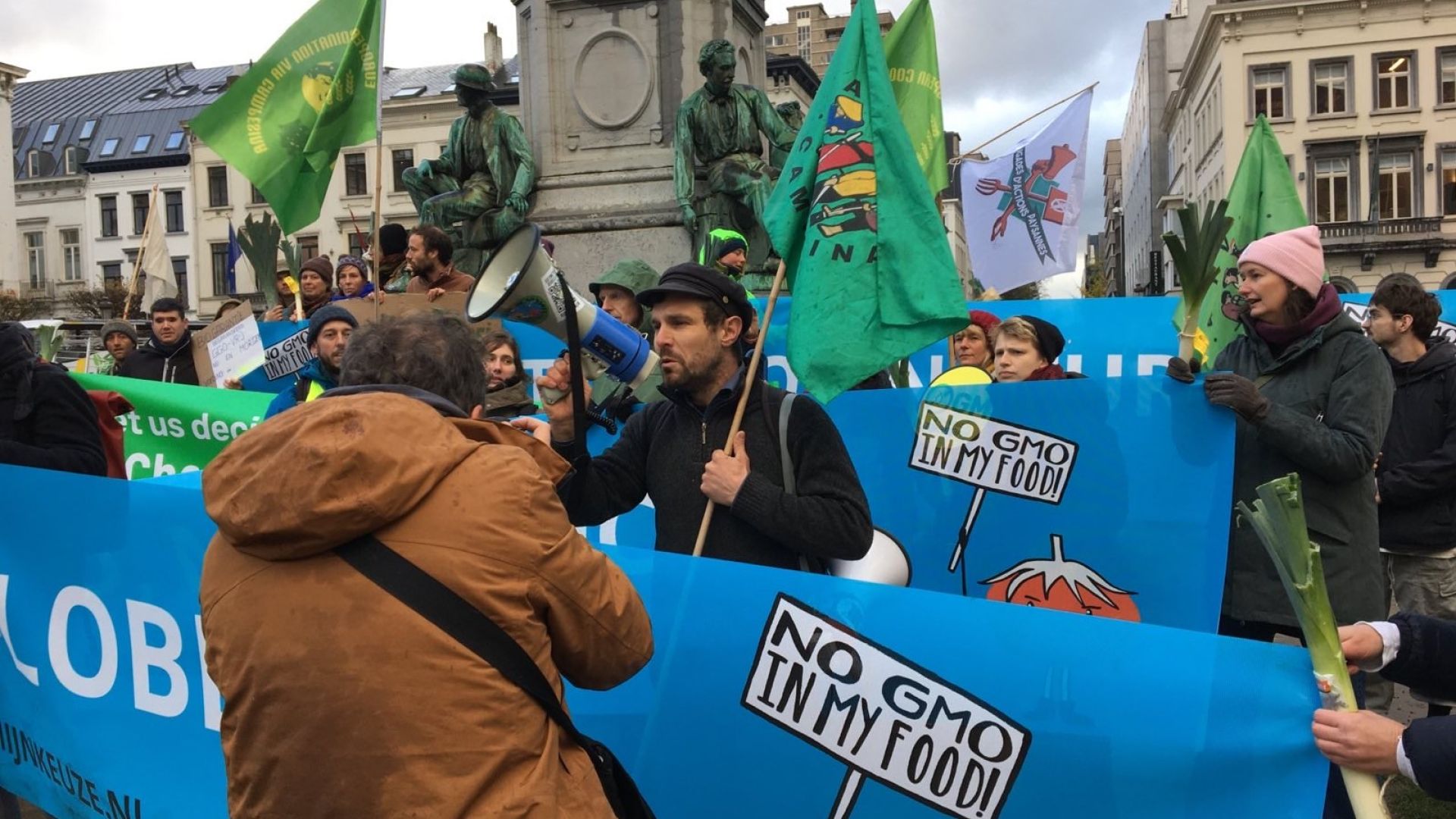Non-GMO supply chain unites against NGT deregulation

Operators across Europe’s non-GMO supply chain are uniting against proposed deregulation of new genomic techniques (NGTs), with a strong call for choice and transparency emerging from the recent non-GMO Summit in Frankfurt. Organized by key industry groups—Verband Lebensmittel ohne Gentechnik (VLOG), ARGE Gentechnik-frei, Donau Soja, European Non-GMO Industry Association (ENGA), and ProTerra Foundation—the event drew attention to the need for consistent non-GMO standards as regulatory pressures mount.
Alexander Hissting, managing director of VLOG, emphasized the enduring strength of Europe’s non-GMO market, affirming that the sector “is here to stay.” He is closely watching the debate on deregulation of NGTs, which could influence the non-GMO market. However, this discussion hasn’t yet reached the everyday operations of food producers or retailers, he claimed. While some have been informed and even signed letters regarding possible deregulation, they feel there’s no need for immediate action until concrete regulations are in place, he noted.
Hissting also noted that the topic has minimal media coverage and limited public awareness; most consumers likely haven’t heard about NGTs and, therefore, have not altered their purchasing habits.
He expressed concern about the future impact on non-GMO labeling standards if deregulation allows NGT crops to enter the European market without labeling. This scenario, he told us, would add complexity to maintaining non-GMO quality assurances. He emphasized that detection tools are crucial for tracking NGTs in the food chain, highlighting the importance of having affordable and practical options available.
Additionally, ENGA wants a clear liability framework based on the “polluter pays” principle, ensuring that any contamination of non-GMO products is addressed financially by those responsible.
Furthermore, the organization supports an opt-out mechanism allowing individual EU countries to restrict NGTs within their borders. Although this proposal has not yet been included in EU policy discussions, said Heike Moldenhauer, secretary general of ENGA.